Karen Tay, Singapore's Smart Nation director, was recently in Washington D.C. to run a workshop for the World Bank on how to develop “smart cities." She says: “'Smart cities' is honestly a buzzword... when I get invited to speak, most people expect me to start with cool tech like AR, VR, AI, modeling and simulation, blockchain and the like. The fact is that cities are complex ecosystems with very established ways of operating. If we want to disrupt them with technology in a way that benefits the masses (i.e. not just the upper middle class), we need dedicated work from the ground-up, coupled with political commitment." Karen Tay's five tips for smart city efforts come from conversations and projects with smart city leaders around the world.






 Your new post is loading...
Your new post is loading...
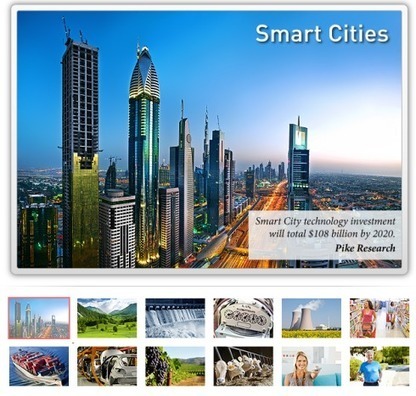



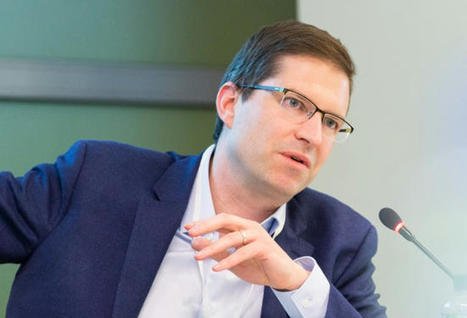
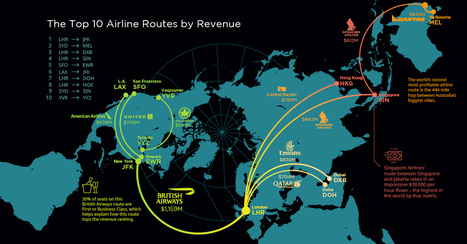


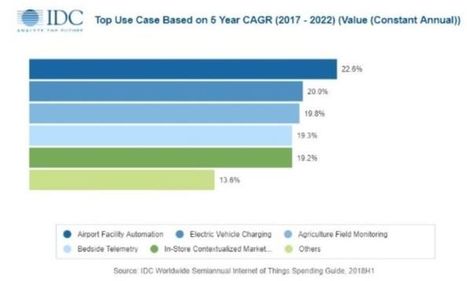
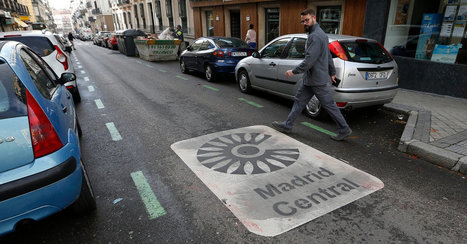
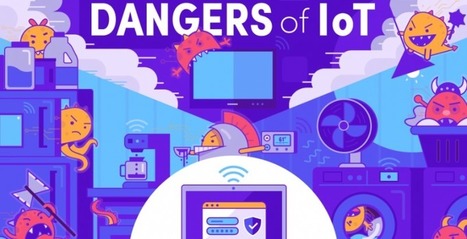




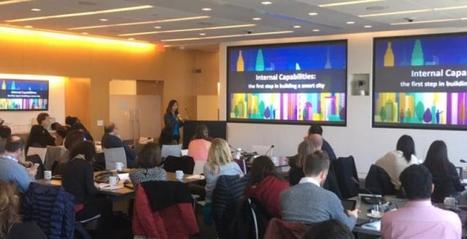
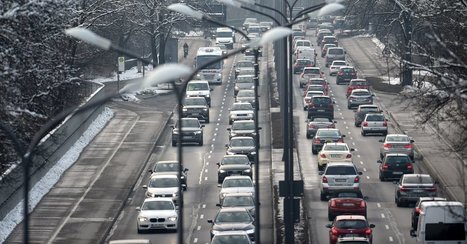



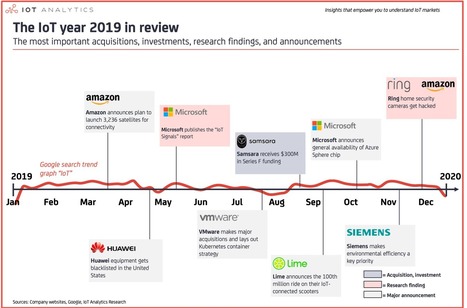
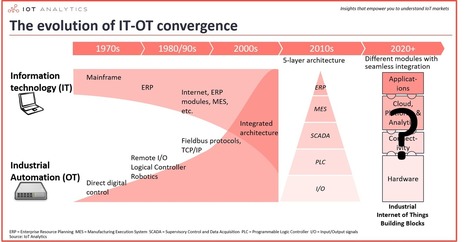
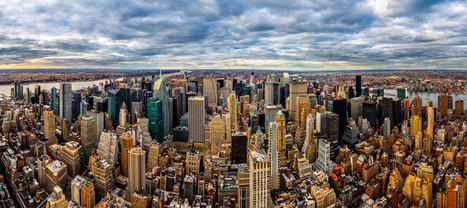
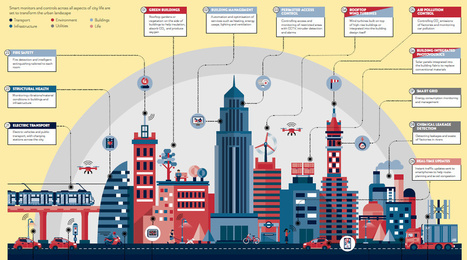


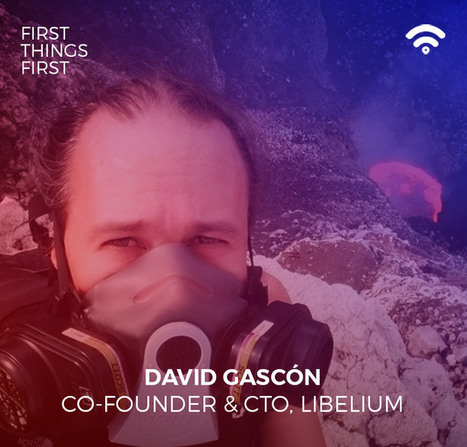











Ruthbea Yesner Clarke of IDC is well positioned to point out the near-future thinking on the smart cities concept and where it will grow in the year to come. She cites the following:
1) Adoption and awareness by an expanding set of government leaders, with many large cities setting technical and business guidelines and prioritizing funding for smart city initiatives;
2) Variability in cities' understanding the impact of the IoT, with the advent of new types of mobile devices and connected objects and public/private use of drones, sensors, wearables, connected cars -- a lack in citywide strategy, and an increased need for a strategic framework to speed adoption.
3) Challenge of integrating loads of unstructured data, and the impact of information from social media, "sharing economy" companies and crowdsourcing -- struggle to make sense of all the data points.
We are living in "stirring times..."